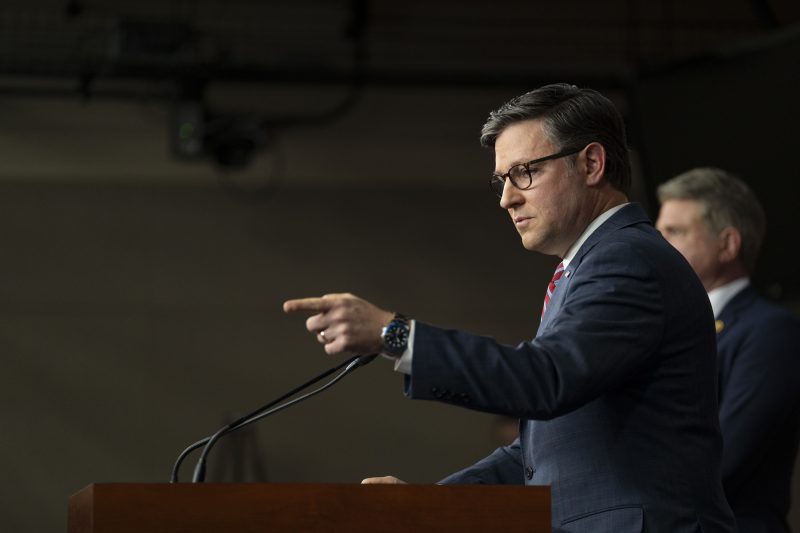House Republicans’ ongoing struggle to manage government funding has been a persistent issue in recent years, marked by a series of contentious battles and repeated challenges to reach consensus with their Democratic counterparts. From government shutdowns to tense negotiations, the inability of House Republicans to secure adequate funding for crucial government operations has raised concerns and deepened political divides.
One of the primary reasons behind the perennial funding challenges faced by House Republicans lies in their divergent priorities and ideological stances. With Republicans typically emphasizing fiscal conservatism and limited government spending, their approach often clashes with the more progressive spending agenda favored by Democrats. This fundamental difference in perspective has resulted in numerous stalemates, obstructing the smooth passage of budgetary legislation and leading to last-minute funding crises.
The lack of internal cohesion within the House Republican caucus has also played a significant role in hampering their efforts to fund the government effectively. Internal divisions between moderate and conservative factions within the party have frequently derailed budget negotiations and undermined attempts to reach consensus on key funding priorities. The failure to present a unified front has weakened the bargaining position of House Republicans, making it difficult for them to push through their budgetary agenda.
Furthermore, the influence of external factors, such as political dynamics and public opinion, has further complicated the ability of House Republicans to fund the government successfully. With shifting public sentiments and evolving political landscapes, House Republicans have found it challenging to navigate these external pressures and factor them into their funding decisions. In an increasingly polarized political environment, the demands and expectations placed on House Republicans have grown more complex, making it harder for them to fulfill their funding obligations.
Critics argue that the persistent funding challenges faced by House Republicans are indicative of a broader systemic issue within the party, pointing to a lack of strategic planning and a failure to adapt to changing circumstances. In order to break free from this cycle of partisan gridlock and funding impasses, House Republicans will need to prioritize unity, strategic planning, and a willingness to engage in constructive dialogue with their Democratic counterparts.
In conclusion, the ongoing struggle of House Republicans to manage government funding reflects a complex interplay of internal divisions, ideological differences, and external pressures. To overcome these challenges and effectively fund the government, House Republicans must strive for greater unity, strategic foresight, and a commitment to meaningful cooperation with their political opponents. Only by addressing these fundamental issues can House Republicans hope to break free from the cycle of funding crises and establish a more stable and reliable budgetary process.

